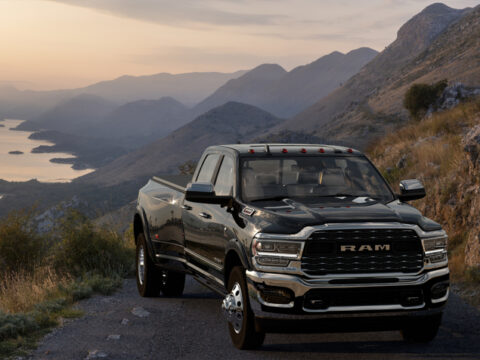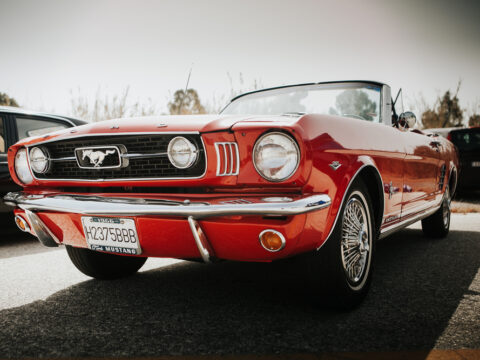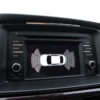Embark on a historical journey through the skies as we explore the groundbreaking aircraft that have transformed the landscape of commercial aviation. These flying marvels, from the revolutionary Boeing 747 to the supersonic Concorde, have not only altered the dynamics of air travel but have also left an indelible mark on global connectivity and cultural exchange. Each airplane in our list tells a unique story of technological advancement, design innovation, and the relentless pursuit of connecting distant corners of the world.
Contents
Boeing 747
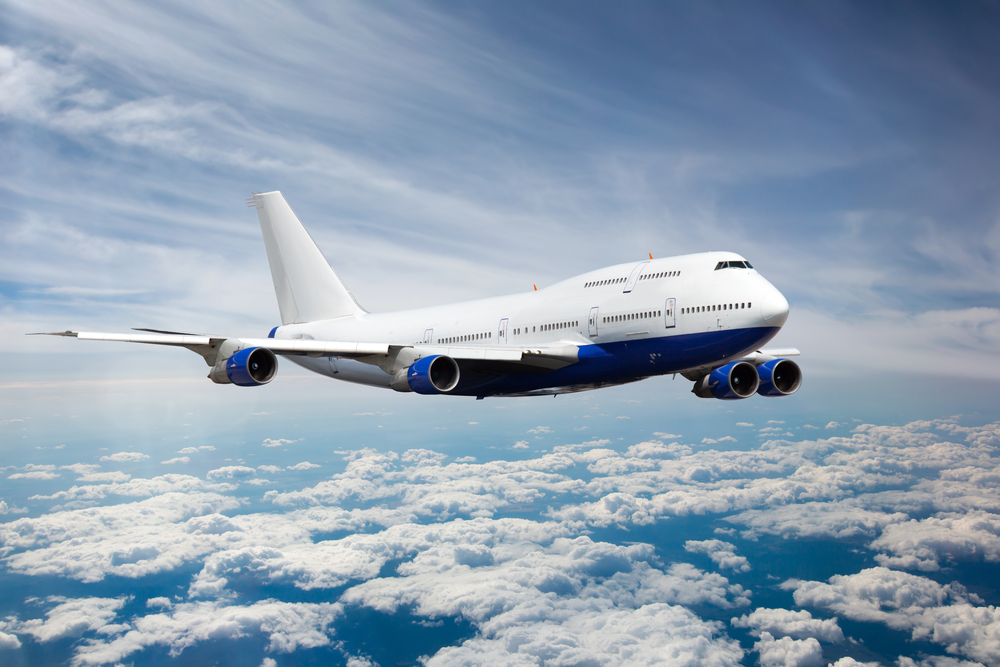
The Boeing 747, often referred to as the “Queen of the Skies,” revolutionized air travel when it debuted in 1970. Its double-decker design and wide body made it the largest passenger aircraft for several decades, significantly increasing the number of passengers that could be carried on a single flight. This dramatically lowered the cost of long-distance travel and made air travel more accessible to the masses.
Concorde
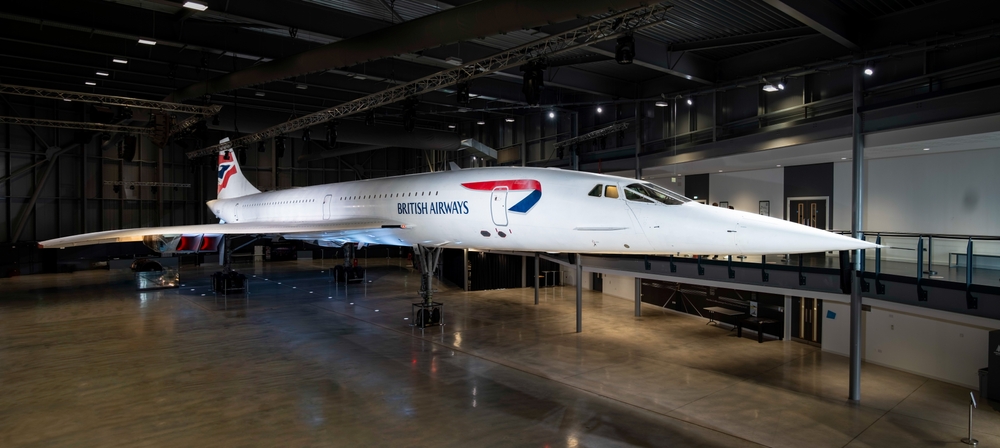
The Concorde, a joint venture between Britain and France, was a marvel of engineering. As the first supersonic passenger jet, it could travel at twice the speed of sound, reducing the flight time between London and New York to just under 3.5 hours. Its speed and luxury services marked a new era in executive and luxury travel.
Douglas DC-3
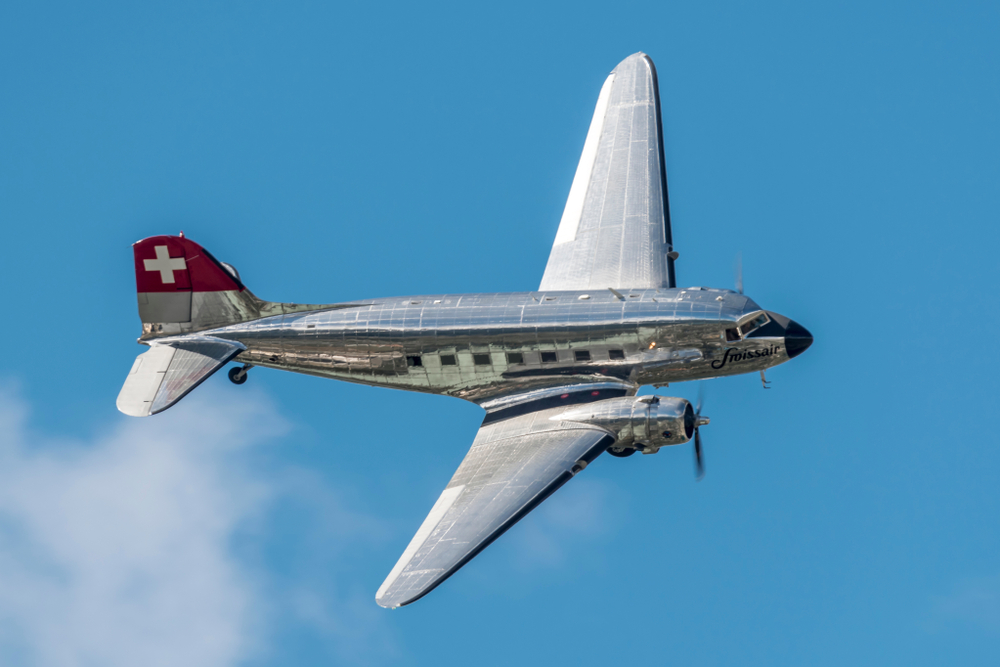
The Douglas DC-3 is often credited with making air travel popular and economically viable. Introduced in the 1930s, it was the first airplane that could profitably carry passengers without relying on mail subsidies. Its reliability, speed, and capacity made long-distance air travel a reality.
Airbus A380
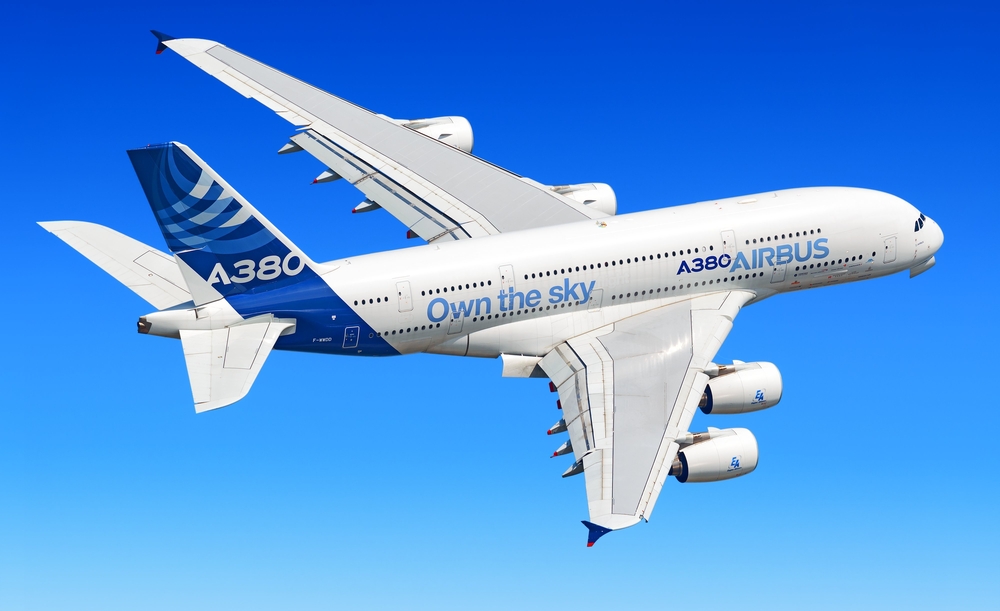
The Airbus A380, known as the world’s largest passenger airliner, pushed the boundaries of aircraft size and passenger capacity. Introduced in 2007, it can carry more than 500 passengers, offering amenities like showers and first-class suites. It revolutionized the concept of in-flight luxury and comfort.
Boeing 707
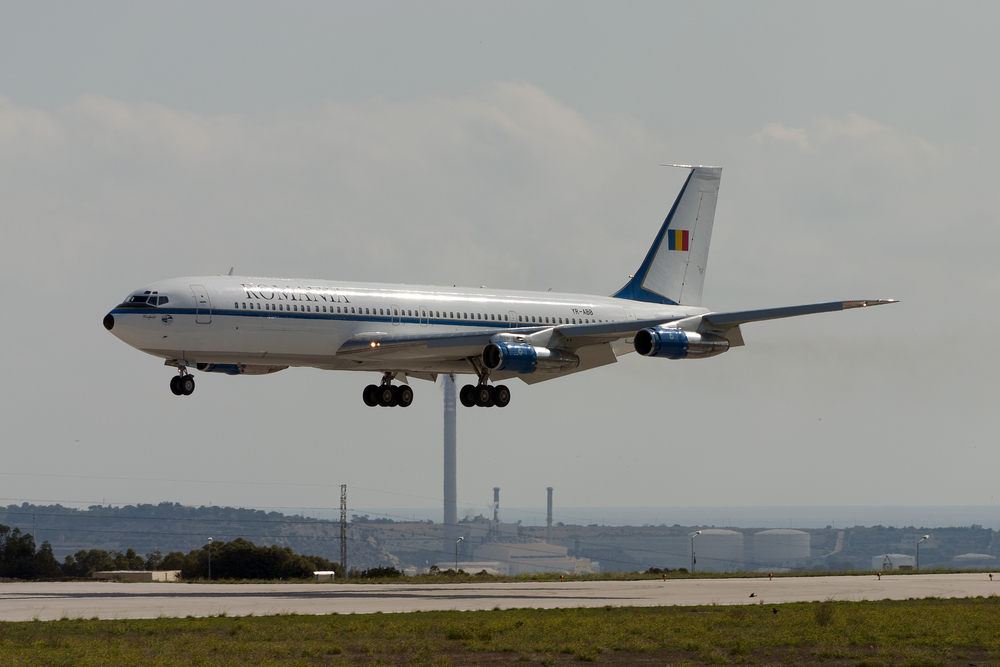
The Boeing 707, introduced in the late 1950s, was the first successful commercial jet airliner. Its speed, capacity, and range significantly reduced travel times, making intercontinental travel faster and more efficient. It marked the beginning of the Jet Age.
Boeing 737
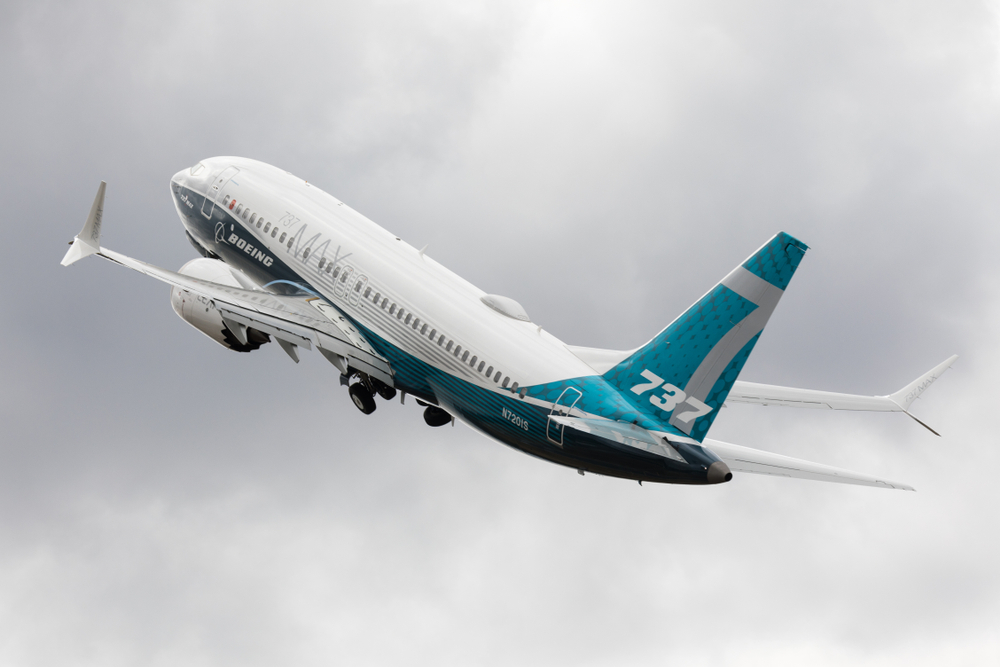
First flown in 1967, the Boeing 737 became the best-selling commercial jetliner in history. Its reliability, range, and size made it perfect for short to medium-haul flights. The 737 opened up new routes and expanded air travel to smaller airports.
De Havilland Comet
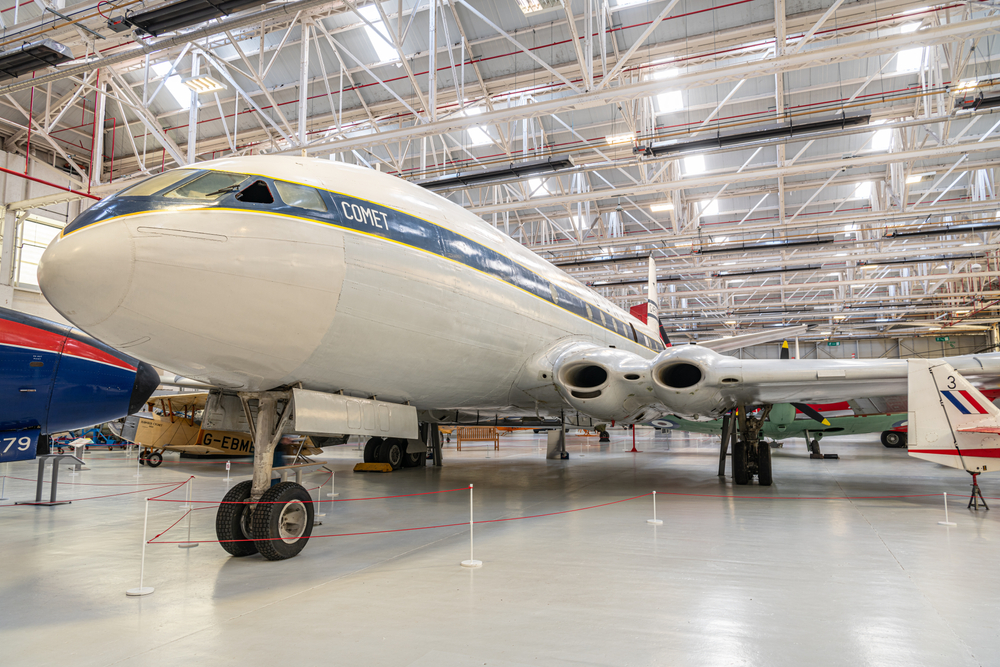
The Comet, introduced by the British in 1952, was the world’s first commercial jet airliner. Although its initial design flaws led to catastrophic failures, it marked the beginning of the jet age in passenger travel and influenced future aircraft designs.
Lockheed L-1011 TriStar
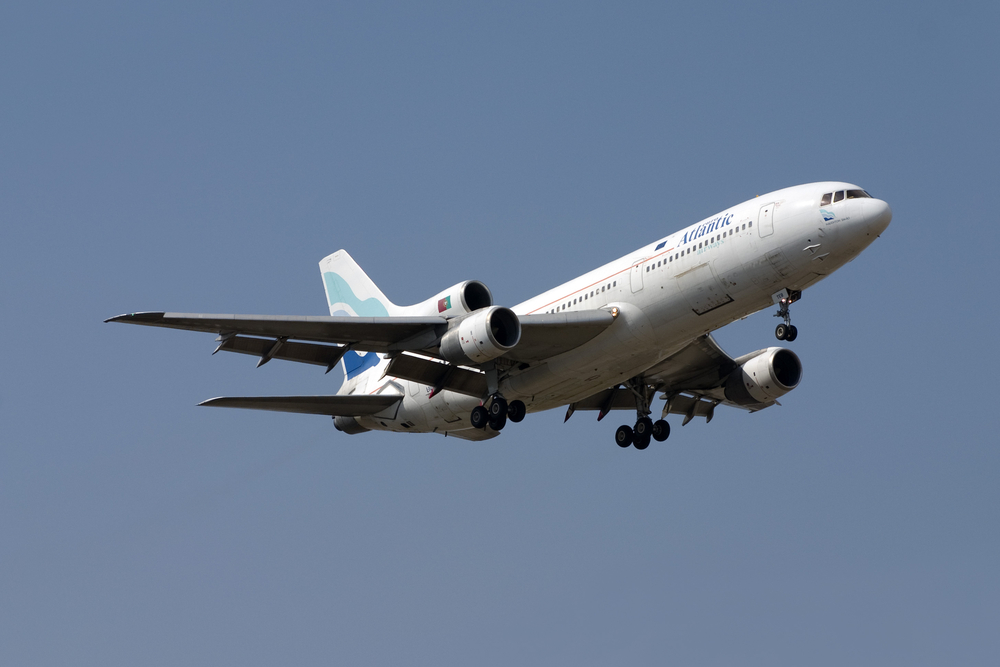
The L-1011 TriStar, introduced in the 1970s, was known for its innovative technology, including a then-advanced autopilot system. It was one of the first wide-body planes to offer a high level of passenger comfort and featured a unique S-duct engine in the tail.
McDonnell Douglas DC-10
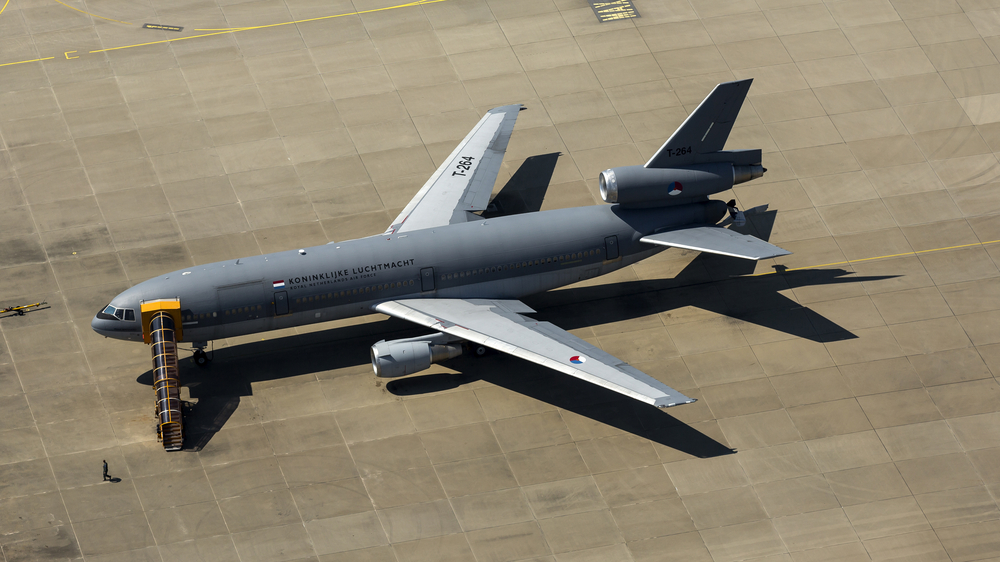
Introduced in 1970, the DC-10 was among the first wide-body airliners and featured a distinctive three-engine configuration. It was particularly significant for pioneering long-range flights and its use in developing the concept of a twin-aisle aircraft for more passenger comfort.
Airbus A320
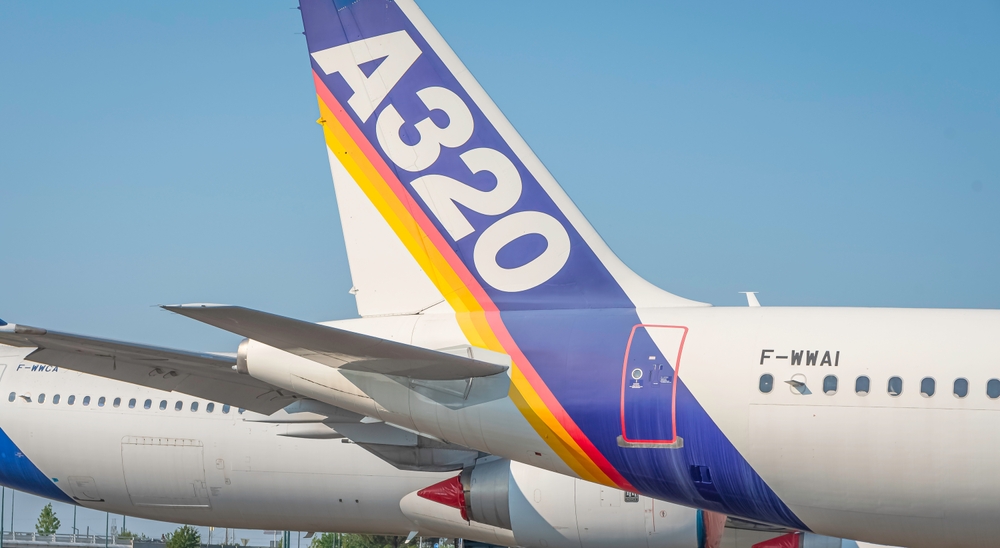
The Airbus A320, introduced in the late 1980s, is known for pioneering the use of digital fly-by-wire control systems in commercial aircraft. This technology improved safety and efficiency, making the A320 one of the most popular single-aisle aircraft ever built.
This article originally appeared on MyCarMakesNoise.
More from MyCarMakesNoise
10 Little-Known Facts About Lexus

Lexus has long been synonymous with luxury and innovation, yet there are many fascinating aspects of this iconic brand that remain under the radar. Beyond its sleek designs and superior comfort, Lexus has consistently pushed the boundaries of automotive technology and design, making significant impacts that are not widely known. Read More.
10 Best Planes For Getting Your Private Pilot`s License

Embarking on the journey to obtain your Private Pilot’s License is an exciting and transformative experience. The choice of aircraft plays a pivotal role in shaping your training and skills. Read More.
13 Most Powerful Jeep Models Ever Built

Jeep has long been synonymous with rugged durability and formidable off-road capabilities. Here, we highlight the most powerful Jeep models ever built, showcasing how the brand successfully combines raw power with innovative engineering to meet the needs of both adventure seekers and performance enthusiasts. Read More.



